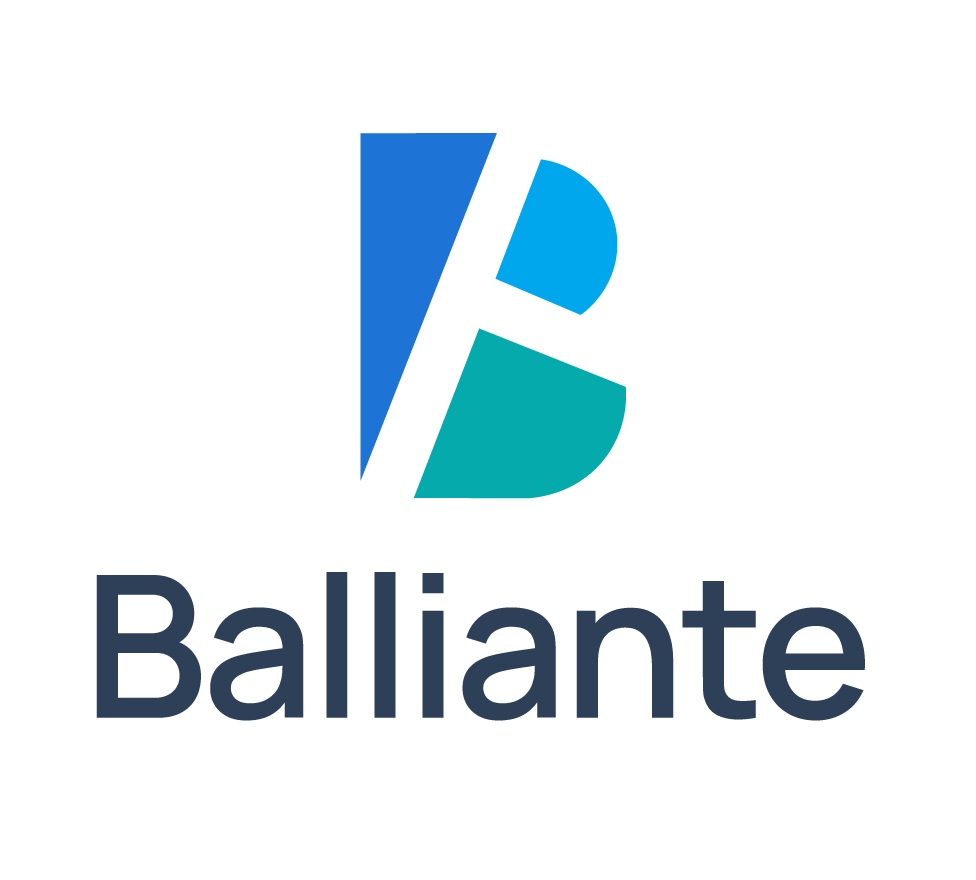Web hosting is the foundation on which businesses build their online presence. It’s a crucial aspect of modern business operations, ensuring that your website is accessible to your customers and partners 24/7. With many web hosting options available in today’s digital landscape, it can be overwhelming to choose the perfect solution that aligns with your organization’s needs and objectives. Balliante, your go-to source for reliable IT services in Rotherham, understands the challenges businesses face when selecting web hosting plans and is here to guide you through the decision-making process.
When considering web hosting solutions, businesses have several options, including shared hosting, virtual private server (VPS) hosting, and dedicated servers. Each of these solutions has its unique advantages and drawbacks. With many factors to take into account, such as budget constraints, website traffic expectations, security requirements, and scalability, it is essential to weigh these factors carefully in selecting the most suitable hosting plan for your business.
In this comprehensive guide, we will explore the different types of web hosting options available, discuss their advantages and disadvantages, and provide tips to help you choose the ideal plan that accommodates your business requirements. By the end of this article, you’ll better understand web hosting services and be primed to make informed decisions regarding your company’s online infrastructure.
As we delve into the world of web hosting plans, remember that collaborating with Balliante is a smart way to ensure your chosen hosting solution aligns with your business goals. We’re here to offer expert guidance in making the right hosting decision, along with continuing support to pave the way for your business’s digital success.
1. Shared Hosting: An Economical Solution for Small Businesses and Start-ups
Shared hosting is the most cost-effective and beginner-friendly option for businesses seeking an entry point into website hosting. In a shared environment, multiple websites share the resources of a single server, including RAM, storage, and processing power. As a result, the cost of hosting is distributed among users, ensuring a low price point.
Advantages:
– Budget-friendly: The affordability of shared hosting makes it an attractive option for small businesses and start-ups with limited funds.
– Ease of use: Most shared hosting plans come with user-friendly control panels, allowing even those without technical expertise to manage their website.
– Robust features: Shared hosting plans often include essential features, such as email accounts, databases, and pre-installed software, that cater to the needs of small businesses.
Disadvantages:
– Limited resources: The shared nature of this hosting means limited server resources, which may translate to decreased performance during high-traffic periods.
– Security concerns: Sharing a server with other users can represent security risks, as potential vulnerabilities on one website may affect others hosted on the same server.
– Limited customisation and scalability: Shared hosting plans come with restrictions on customisability, making it difficult to scale your website as your business expands.
2. VPS Hosting: The Ideal Balance Between Shared and Dedicated Hosting
Virtual Private Server (VPS) hosting is a step up from shared hosting, providing enhanced performance, control, and scalability. VPS hosting allocates a specific portion of server resources to each hosted website, creating a virtual private environment for your site. This allocation ensures that your website’s performance is unaffected by other users sharing the same server.
Advantages:
– Enhanced performance: The dedicated resources of VPS hosting guarantee improved website performance as your site won’t be affected by other users’ activities.
– Greater control: VPS hosting grants root access, enabling users to install custom applications and optimise server configurations, benefiting more technically-minded businesses.
– Scalability: The flexibility of VPS hosting makes it easier to upgrade server resources as your business expands and website traffic increases.
Disadvantages:
– Cost: VPS hosting plans are more expensive than shared hosting as they offer dedicated resources and higher customisation capabilities.
– Technical expertise: Managing a VPS requires a certain level of technical knowledge, which may be a challenge for businesses lacking IT expertise.
3. Dedicated Servers: Unparalleled Performance and Customisation for Large Businesses
Dedicated servers offer the most powerful and customisable web hosting solution, ideal for large businesses with high traffic websites. In this model, your business occupies an entire physical server, granting complete control over its resources, hardware, and configurations.
Advantages:
– Maximum performance: With all the server resources entirely dedicated to your website, a dedicated server guarantees optimal site performance and loading speeds, essential for businesses with high volumes of traffic.
– Enhanced security: A dedicated server provides an isolated environment, removing the risk of other users introducing vulnerabilities and reducing potential security threats.
– Full customisation and control: With root access, businesses can configure their server and install unique software, depending on their specific requirements.
Disadvantages:
– Cost: Dedicated server hosting is considerably more expensive than shared or VPS hosting, reflecting the enhanced performance and control on offer.
– Technical expertise: Managing a dedicated server demands a strong understanding of server administration and maintenance, requiring an expert level of technical knowledge.
4. Factors to Consider When Choosing a Web Hosting Plan
When selecting the ideal web hosting plan for your business, keep these essential factors in mind:
– Budget: Consider your organisation’s budget and determine which hosting plans fit within your financial constraints.
– Traffic expectations: Estimate the traffic your website may receive and select a hosting plan that can accommodate those numbers without affecting performance.
– Security requirements: Identify the level of security needed to protect your website and user data, and choose a hosting plan that prioritises security.
– Scalability: As your business expands, your website’s resources may need to be upgraded. Select a hosting plan that offers flexibility to scale server resources as required.
Seek Expert Guidance from Balliante
Choosing the right web hosting plan for your Rotherham business is essential for successfully establishing a robust online presence. Balliante offers professional, reliable guidance to help navigate the world of web hosting options and select the best solution tailored to your organisation’s unique requirements.
Get in touch with our team to discuss your web hosting needs and discover how Balliante can help your business thrive in the digital realm.

